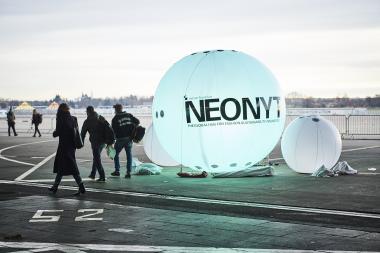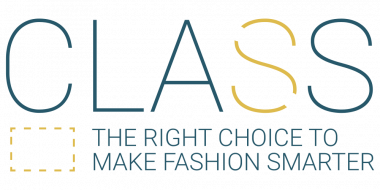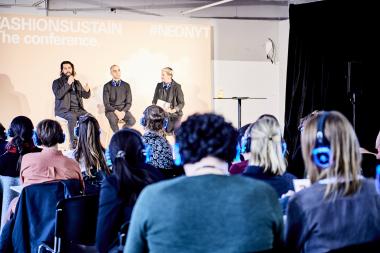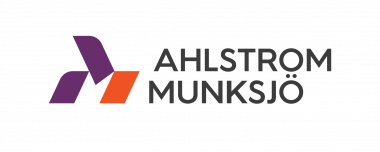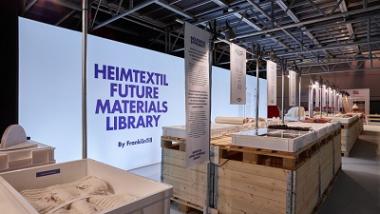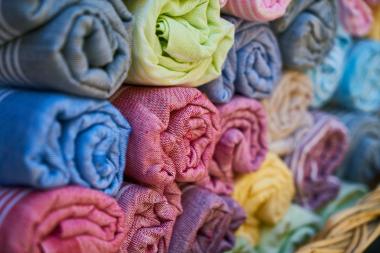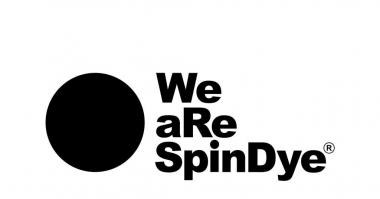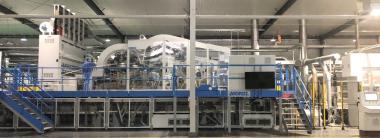Neonyt: Fashionsustain goes FFW
Die Textil- und Modeindustrie wird gegenwärtige grundlegend revolutioniert – getrieben von nachhaltigen und technologischen Innovationen, erreichen neue Wertschöpfungsmodelle den Massenmarkt. Genau diese Themen nimmt die Fashionsustain, das internationale und multidisziplinäre Konferenzformat der Neonyt, vom 6. bis 8. Juli 2021 und erstmalig im Rahmen des digitalen FFW STUDIO der Frankfurt Fashion Week in den Fokus. Sie präsentiert in Form von Panels, Talks, Keynotes und interaktiven Formaten spannende und tiefgehende Einblicke in den laufenden Transformationsprozess der Branche. Unter anderem mit dabei sind der Grüne Knopf, Oeko-Tex und PwC.
Drei Tage, mehr als 20 Einzelformate, zahlreiche Insights: Unter den zentralen Topics State of the Industry, Innovating the Industry und State of Retail versammelt sich das gesamte, vielseitige und multidisziplinäre Programm der Fashionsustain. Der inhaltliche Fokus liegt dabei auf den Themen Fashion Design & Circularity, Values & Diversity, Digitisation, Textile Certifications und Cotton & Denim. In diversen Talks, Diskussionen und Präsentationen wird für die Community erlebbar, was die nachhaltige Modebranche bewegt, welche Potenziale und Visionen die handelnden Akteur*innen aktuell forcieren und wie diese für einen echten Wandel in der Industrie aufgegriffen und skaliert werden können.
State of the Industry – was bewegt die Modeindustrie?
Diese Frage stellt am 6. Juli 2021 ab 10 Uhr der erste Konferenztag. Zu den maßgeblichen Themen, die die Branche aktuell herausfordern – so die Effekte der Corona-Pandemie auf die internationale Modeindustrie; die Frage inwieweit sich Textilproduktion langfristig von global zu lokal shiftet; oder wie Nachhaltigkeit ganzheitlich in Prozesse integriert werden und Permanenz erlangen kann - diskutieren Speaker*innen diverser
Fashion Brands im Panel „Global supply. Local demand. Total change?“.
Auch das in Deutschland jüngst beschlossene Lieferkettengesetz spielt eine wichtige Rolle. Im Panel „Same Goals. Different Systems. How transparency triggers responsibility“, initiiert vom Grünen Knopf und von der Deutschen Gesellschaft für Internationale Zusammenarbeit (GIZ).
Der Zusammenhang von Finanzen, Nachhaltigkeit und Mode: Durch gezielte Entscheidung, Kreditnehmer*innen anhand ihrer Nachhaltigkeitsbemühungen zu berücksichtigen, kann der Finanzdienstleistungssektor zu einer nachhaltigeren Zukunft beitragen. Was das konkret bedeutet, welche Auswirkungen dies auf die Kreditvergabe haben kann und wie die Branche außerdem zur Transformation der Textil- und Modeindustrie beitragen kann, wird in einer Diskussion unter dem Titel „Finance. How it triggers sustainability in fashion“ debattiert.
Digitalisierung und Innovation: Transformation, Transparenz, Zertifizierungen
Die beiden zentralen Themen des zweiten Konferenztages sind hochaktuell und nehmen insbesondere im Kontext der Frankfurt Fashion Week eine zentrale Bedeutung ein.
Transparenz entlang der textilen Lieferketten wird immer relevanter und sie ist eng mit digitalen Innovationen verknüpft. Deshalb wird im Panel „Transparency. The tech solutions for new supply and value chains“ verschiedene technische Lösungen vor, die mehr Transparenz beim Kleidungskauf ermöglichen, vorgestellt.
Beim interaktiven Certification Buzzword-Bingo mit Max Gilgenmann powered by Grüner Knopf werden Zuschauer*innen mittels Gamification eingebunden, bevor im Panel „Carbon and Water Footprinting. How to drive it in the Fashion Industry“ by Oeko-Tex das Thema rund um Zertifikate weiter vertieft wird.
State of Retail – von der Innovation zu den Konsument*innen
Am Donnerstag, den 8. Juli dreht sich das Programm der Fashionsustain rund um den State of Retail. Wie findet man als kleines, nachhaltiges Label am besten eine passende Retail-Plattform für eine gelungene Zusammenarbeit? Was unter dem Topic Retail auf keinenb Fall fehlen darf, sind Einblicke in neue Businessmodelle. Secondhand, leihen, leasen, resellen – die zirkulären Möglichkeiten der Wertschöpfung sind für den Einzelhandel breit gefächert. Mehr Einblicke dazu gibt es im Panel „New business models. From pre-loved to repaired and recycled“. Weil Nachhaltigkeit, umweltbewusster Lebensstil und verantwortungsvoller Umgang mit der Natur mittlerweile in der Mitte der Gesellschaft angekommen sind, ist es umso wichtiger, dass Marken und Labels den Konsument*innen Orientierung und Transparenz zu bieten. In dem Design-Talk „Sustainable Branding“ des German Design Council geht es deshalb um nachhaltige Markenführung, den Aufbau eine entsprechenden Markenstrategie und die zentrale Bedeutung von guter Nachhaltigkeitskommunikation.
Neonyt Frankfurt Messe Frankfurt Fashion Week Sustainability Nachhaltigkeit events
Neonyt/Messe Frankfurt GmbH


